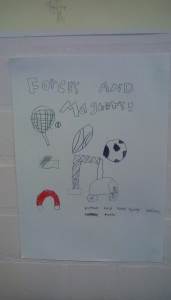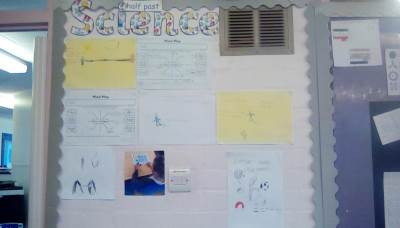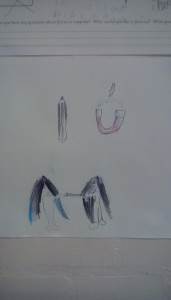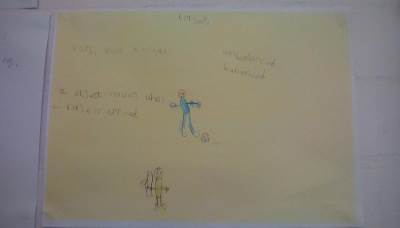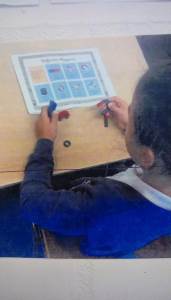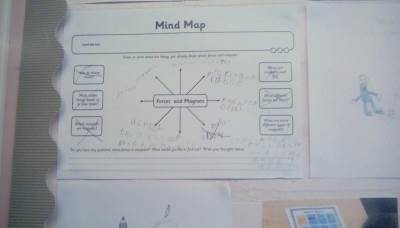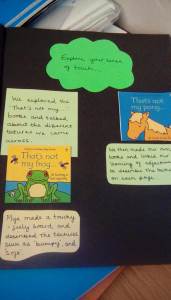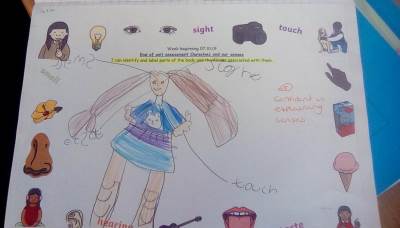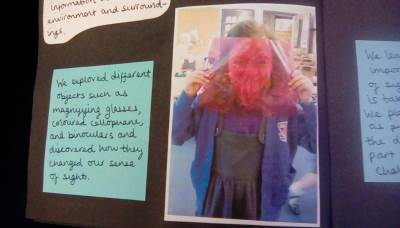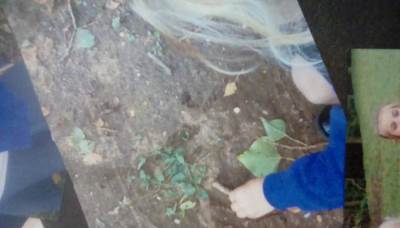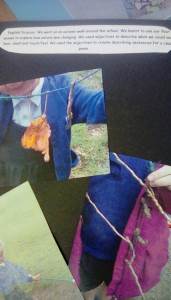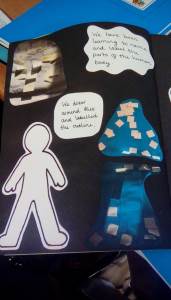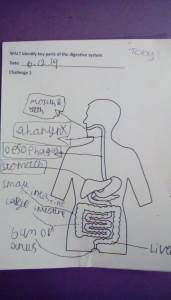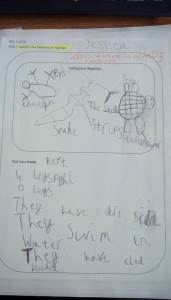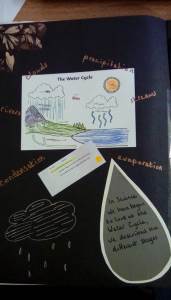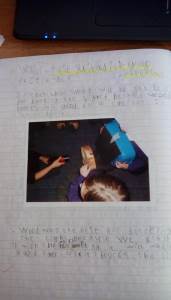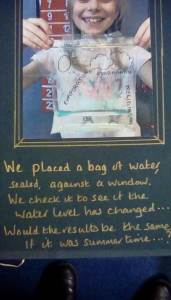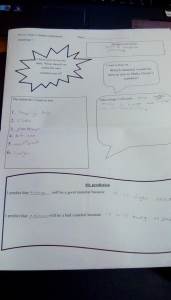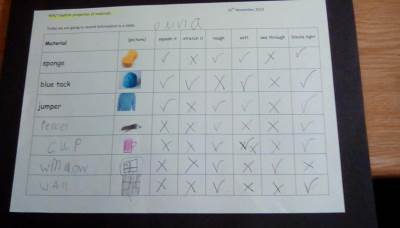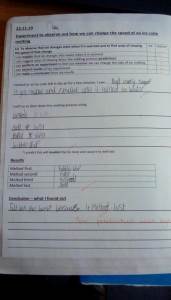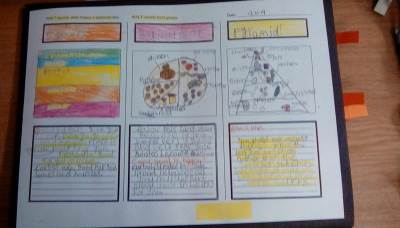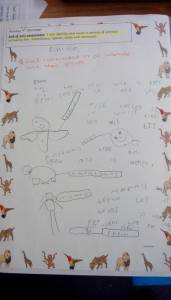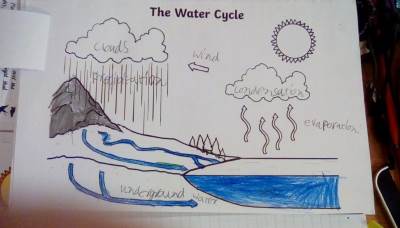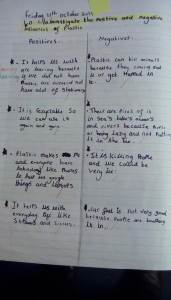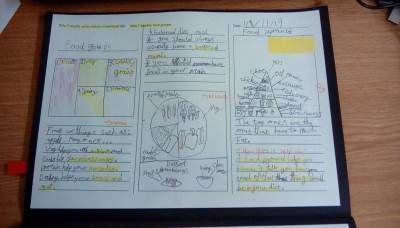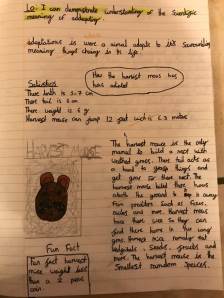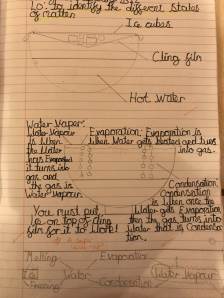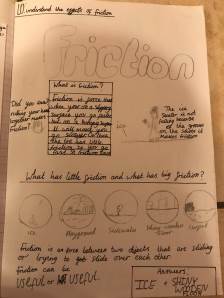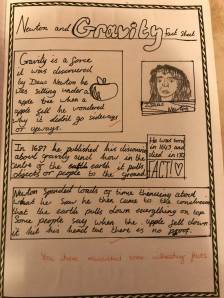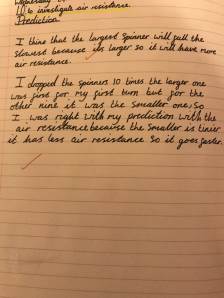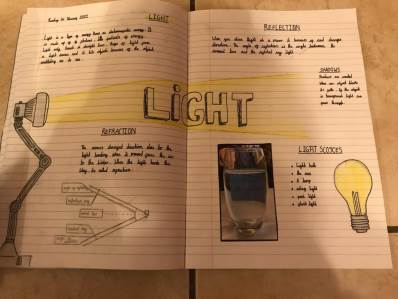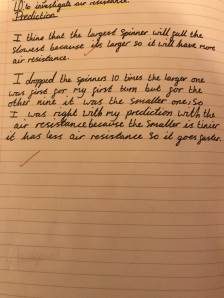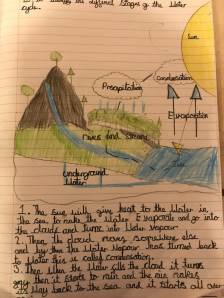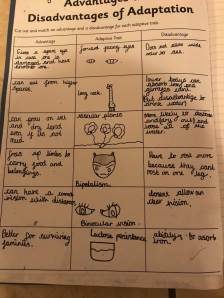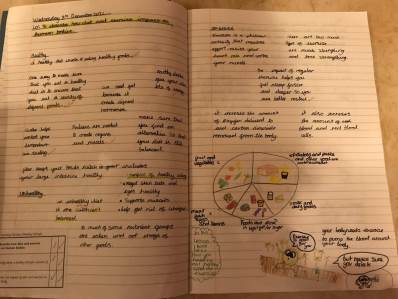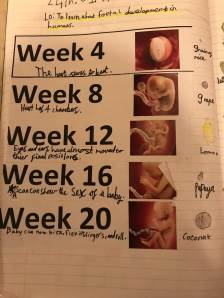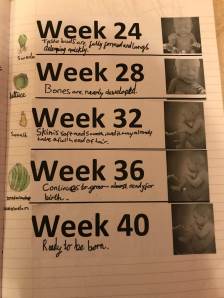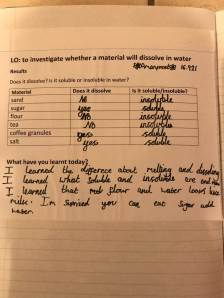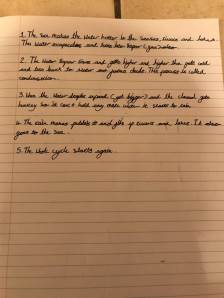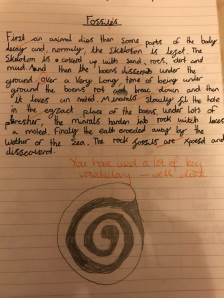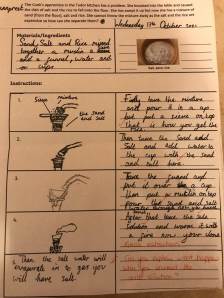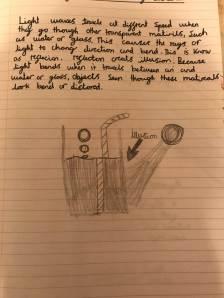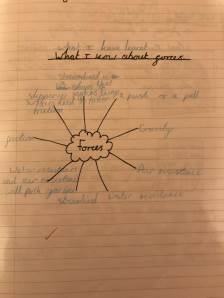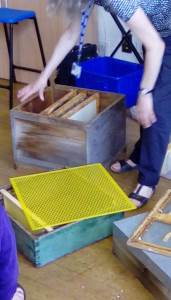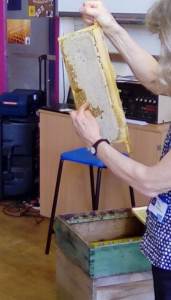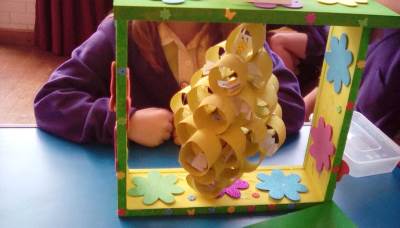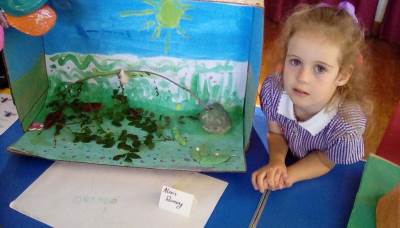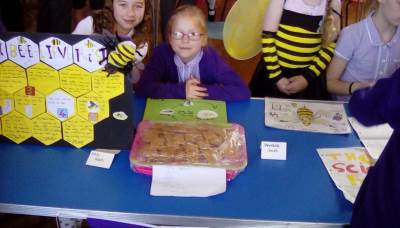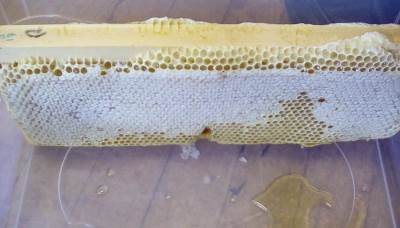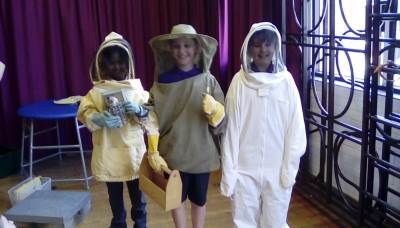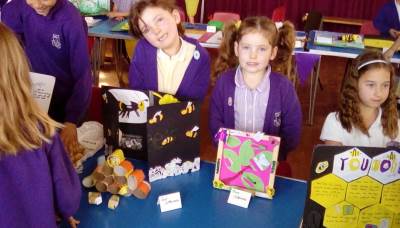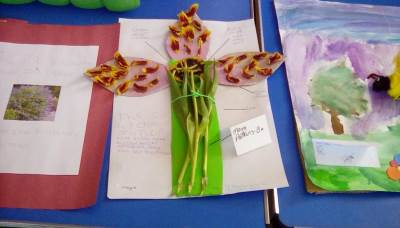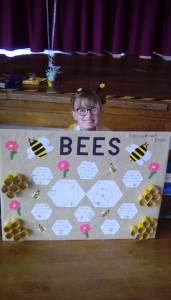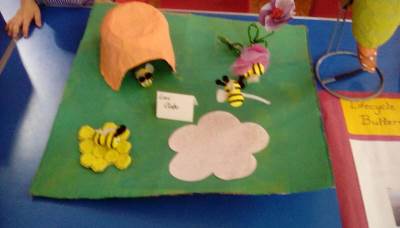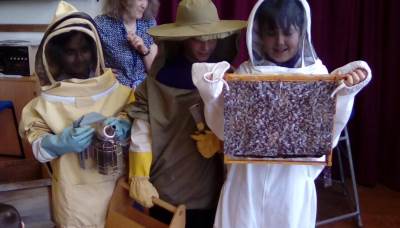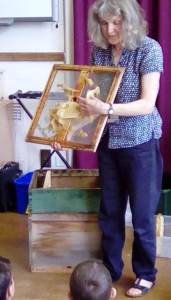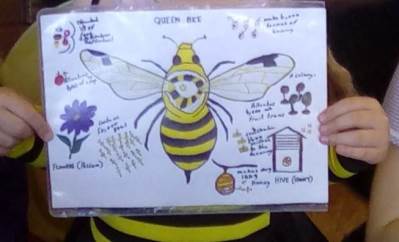Science
What does Science look like at Dale Hall?

Science Education at Dale Hall is all about developing an understanding of and making sense of our environment, primarily through experience, exploration and interaction with scientific phenomena.
The purpose of gaining this understanding is to enable pupils to take responsibility for their role in the maintenance of a healthy life and the creation of a safe environment; not only for the benefit of themselves but also for fellow human beings, animals and plants in our world.
Working scientifically extends and enhances a child’s natural curiosity and we encourage children to ask scientific questions about the world around them. Children are given opportunities to predict, observe, record and draw conclusions in experiments and investigations to nurture their natural inquisitiveness.
We love learning scientifically here!
Mrs Ross
This is how we ensure progression in scientific skills throughout the school and the topics we teach at Dale Hall.
-
Science Curriculum offer 2025
download_for_offline
download_for_offlineScience Curriculum offer 2025
- Science Curriculum Overview Sept 2023 download_for_offline
download_for_offlineScience Curriculum Overview Sept 2023
- Scientific enquiry skills progression overview Sept 2023 download_for_offline
download_for_offlineScientific enquiry skills progression overview Sept 2023
Science - investigating magnets
Science - investigating biology
Science Investigations - general
Mrs Ross
Science Lead
Science is a natural part of learning. I love to nurture children's curiosity and challenge their scientific thinking. With a child led approach, the Science curriculum at Dale Hall engages, motivates and challenges, linking well to our stories in the Power of Reading too. Science is a fun a exciting subject to teach and the children love how practical it can be by finding the answers to questions themselves. I hope to continue to nurture this ethos across the school.
Ways to support your child with science
- Value your child’s questions. Enjoy talking about their questions and encourage them to share their observations and perspectives.
- Explore and find the answers together.
- Give your child time and space to explore. Children learn through trial and error, wait before giving them the “correct” answers. Finding out by themselves is much more memorable.
- Accept that explorations can be messy! Children love getting stuck in and more often than not this can mean getting messy. Dress them in old clothes and tell them it’s ok to get dirty.
- Learn from mistakes together. If things go wrong take advantage of this and refining your ideas and make new hypotheses.
- Invite curiosity. Remember science is all around us, you just have to ask about it to find out.
- Support further exploration. Follow up on their interests by expanding their knowledge. Visiting the library or a museum are great places to start.
- Encourage your child to record their observations. Writing, drawing or taking photos are all ways to record observations. You could offer to write things down for them if they are reluctant to do so themselves.
- Make good use of your electronic devices. Take photos, record sounds, use a website or app to learn more about a specific phenomenon or creature.
- Use items you have at home to experiment and explore. You don’t need to spend lots of money on science supplies. There are lots of things in your cupboards at home that could be used to support your child’s learning.
-
We are really proud of all the exciting science taking place inside and outside of the classrooms at Dale Hall. Here is a small selection of what we have been doing.
Examples of science work
Science Fair

- Science Curriculum Overview Sept 2023 download_for_offline

